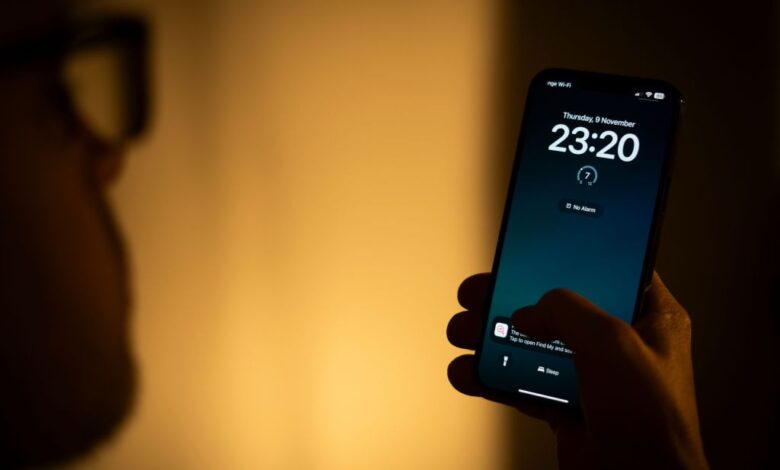Do cellphones increase the risk of heart disease?

Hold the phone!
New research out of China suggests a link between cellphone use and an increased risk of heart disease, especially among smokers and diabetics. The study authors partly blame this association on poor sleep, psychological stress and neuroticism.
“A poor sleep pattern and poor mental health may adversely affect the development of cardiovascular diseases through disrupted circadian rhythm, endocrine and metabolic disruption, and increased inflammation,” co-investigator Dr. Xianhui Qin explained.
But before you permanently silence your cellphone, it’s important to know that this study is based on data recorded nearly 20 years ago.
The researchers had 444,000 middle-aged adults report how often they used their phones at some point between 2006 and 2010. “Regular” mobile phone use was defined as making or receiving at least one call a week — 23% of those surveyed used their phones an hour a week.

Participants were tracked for about 12 years, with researchers examining hospital and death records for incidence of stroke, coronary heart disease, atrial fibrillation and heart failure.
More than 56,000 participants developed cardiovascular disease. Regular mobile phone users, especially smokers and diabetics, experienced a “significantly higher” risk.
Some 11.5% of cases were blamed on psychological distress, 5.1% on poor sleep and 2.25% on neuroticism.
The study limitations were highlighted in an editorial that accompanied the research, which was published Wednesday in the Canadian Journal of Cardiology.
“Given that the recruitment window of this study (2006-2010) occurred before the widespread use of modern smartphones, which are now more commonly used for other activities (eg, entertainment, text messaging, e-mail, social networking), the generalizability and current relevance of these findings requires careful consideration,” reads the editorial co-written by three researchers from the University of Toronto.
The study authors also raised concern about the health effects of radiofrequency electromagnetic fields (RF-EMF) emitted by cellphones.
In 2011, the World Health Organization’s International Agency for Research on Cancer (IARC) classified RF-EMF from mobile phones as possibly carcinogenic based on limited evidence of an increased risk of brain cancer.
However, a WHO-commissioned analysis published this week found no connection between cellphone radiation and brain cancer even for people who are constantly on their phones.
“This systematic review provides the strongest evidence to date that radio waves from wireless technologies are not a hazard to human health,” said Ken Karipidis, a lead author of the review.




